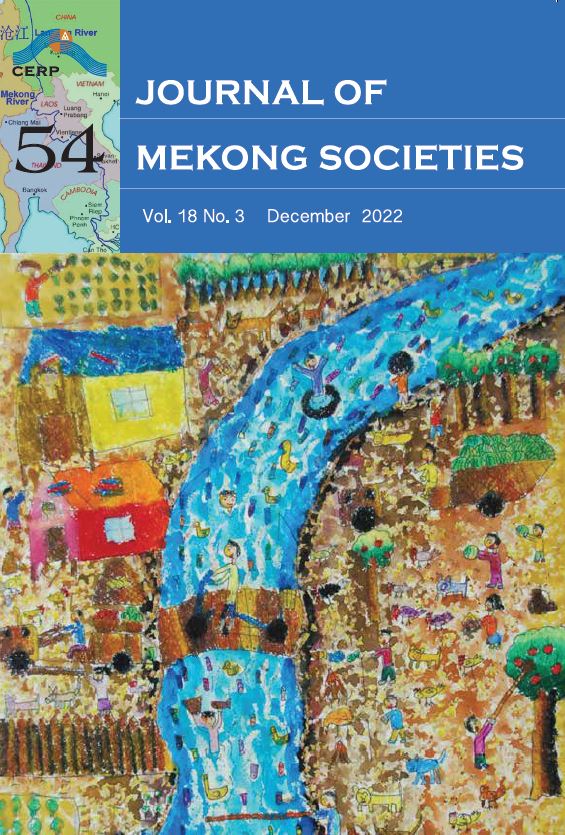Spiritual Self-construction of Peer Educators in a Family Context: A Narrative Study
Main Article Content
Abstract
The aim of this qualitative study, which used narrative methodology, was to understand the spiritual self through the construction of peer educators in the family context. The foundation theory of spiritual self-construction, symbolic interaction theory, and role-taking principles are combined with the concept of spirituality derived from the review and synthesis of the counseling psychology research field. The data were gathered through semi-structured in-depth interviews with five peer educators, all of whom are substance abusers, and then thematically analyzed. The findings revealed four patterns of building a spiritual self: 1) a son following religious principles within a family of religious faith; 2) a father being good to small children; 3) a husband trying to quit drugs with his wife’s unconditional love, and 4) the virtues of the father resulting in a moral son. These studies demonstrate how substance abusers can create spiritual selves through faith and awareness of the value and meaning of life. These spiritual resources assist substance abusers in dealing with adversity in their lives. Furthermore, they will serve as a guideline for future drug addiction prevention and treatment interventions.
Article Details

This work is licensed under a Creative Commons Attribution-NonCommercial-NoDerivatives 4.0 International License.


